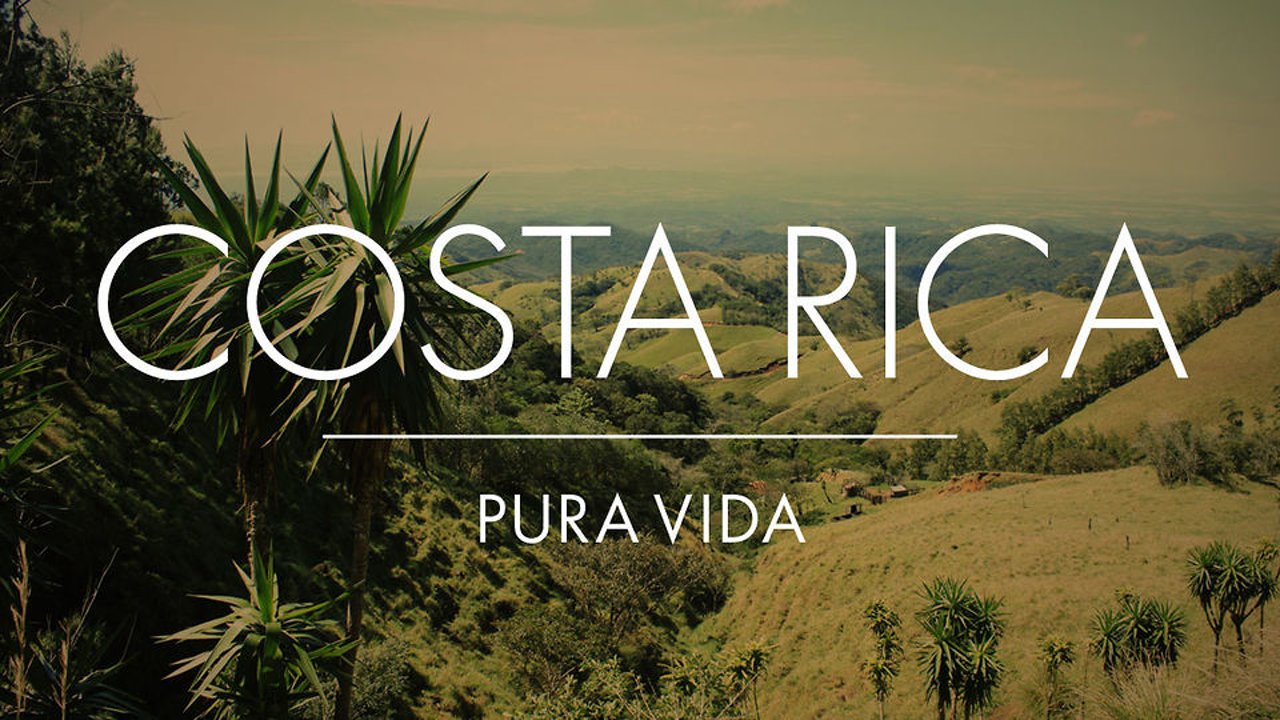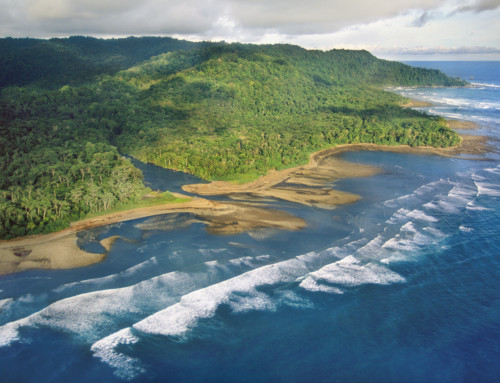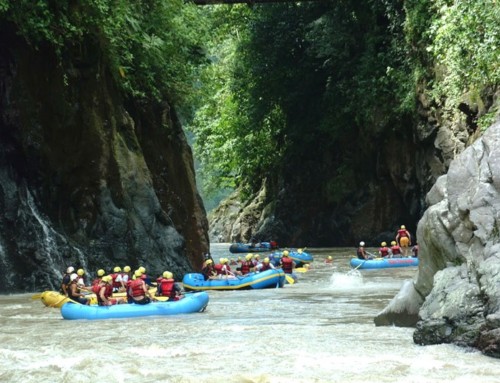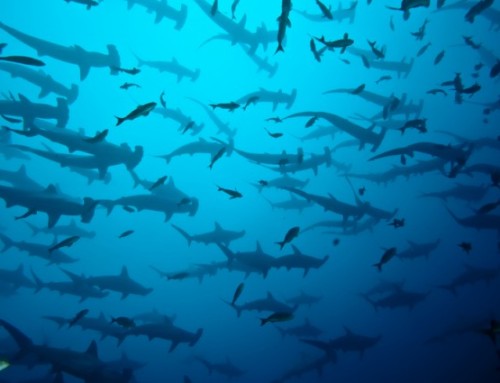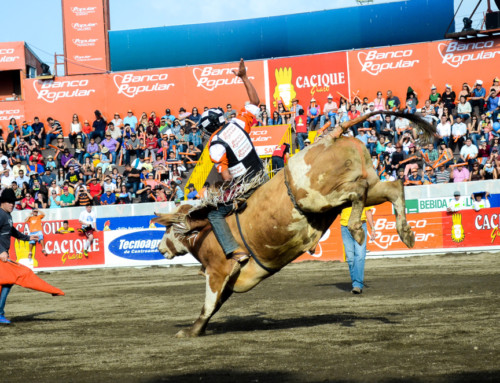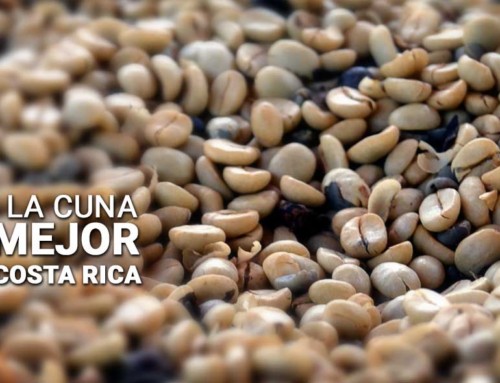Even if you speak Spanish, Costa Rican Spanish might seem different to you. Local people have their own slang and expressions that are difficult to understand to everyone who is not native to Costa Rica. However, don’t get discouraged! The more you make effort to speak Spanish with locals and participate in conversations, the more information you will get about the country. It is very useful to learn some top Costa Rican Spanish words – remember them when traveling to this beautiful country!
If all forms of communication fail like hand flailing, slowly mouthing out words in your own language (for some reason people think this helps us understand!), acting out like mimes etc. just give a big wave, smile and say PURA VIDA!
- Pura Vida
The big old Pura Vida! – Pura vida is one of the most popular expressions you will hear in Costa Rica. Pura vida literally means “pure life”, but people use this expression as a greeting, or at the end of the sentence or conversation, like trying to tell “right”, “great”, “OK” or similar. Example: “Pura vida mi compa! Nos vemos” (Great, bro, see you later!)
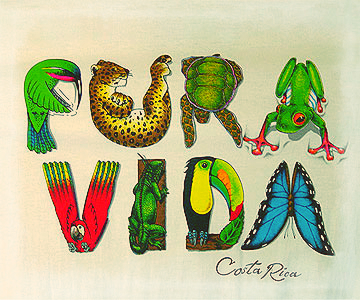
Pura Vida living in Costa Rica
- Tica or Tico
Tica in Costa Rican Spanish means a Costa Rican woman, and tico – a man. Plural, ticos, means Costa Rican people. Example: “Vamos ticos!” (Lets go Costa Ricans! – which could be chanted at a soccer match) or “Los Ticos son los mejores!” (Costa Ricans are the best!).
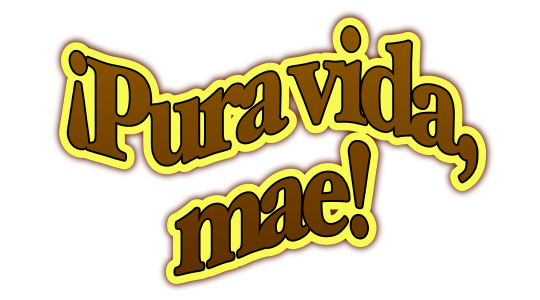
pura vida mae!
- Mae
Mae is a very common way to address a man informally. It is a bit similar to “dude” or “hey, man”.
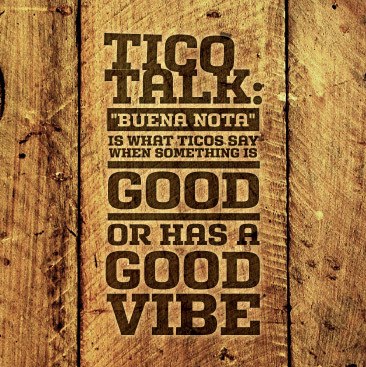
tico tico speaking
- Soda
Soda is a small typical restaurant, serving local food and fresh juices.
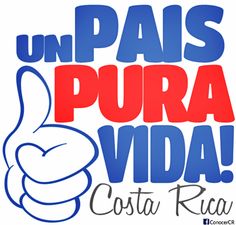
Costa Rica is very pura vida
- Tuanis
Tuanis is a very commonly used word and it means “cool” or “great”. Example: “Esta película está tuanis” (It is a great movie). Tuanis is thought to originate from early encounters with English speakers and Ticos repeating “Too Nice”
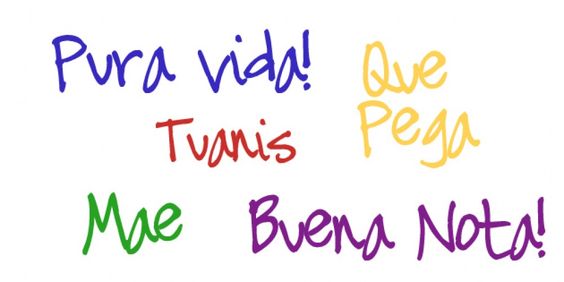
Tuanis! Costa Rica Pura Vida!
- Gringo or Gringa
Gringo means a blond man from North America or Europe. Gringa is the same but for a woman. Plural form of the word, gringos, is usually used to tell “Americans”. If you are Canadian, British, Dutch or any other European country you might be called a “Gringo” as well – don’t worry about it! No harm or insult intended.
- Buena Nota
Buena nota can be literally translated as a “good grade”, but it usually helps to express gratitude. Use this expression to say thanks or when referring to someone who did something nice.
- Que Pega
Que pega is translated as “what a sticky” and it is used to describe something or someone annoying that seems to be glued to you and wont leave you alone. You can also say “Que necio” which is “what a pain in the ass”.
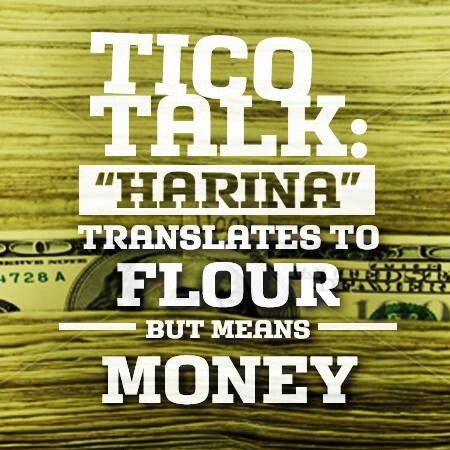
- Que Torta
Que torta means making a mistake or screwing something up. A torta is a pie or cake, yet que torta has nothing to do with pies.
- Camote
Camote is a very delicious vegetable similar to potato. However, ticos use it to tell that someone is crazy, for example: “que camote!”, meaning “what a crazy!”. This originates from back in the day when it was thought camote and milk would help crazy people recovery.
- Pulperia
Pulperia is a small grocery store or supermarket in Costa Rica.
- Macho or Macha
While many people are familiar with one meaning of masculine “macho”, there are more meanings of this word in Costa Rica. Macho is usually used to address a blond man, for example: “Hey, macho!”. Macha means a blond woman.
- Goma
Goma means “rubber” in Spanish, but in Costa Rican Slang it means “hungover”. Example: “Mae, tengo goma” (Dude, I feel hungover).
- Pal Tigre
Local people tell “pal tigre” when they want to tell that something is spoiled, broken or dying. Example: “Este tele está pal tigre” (This TV is broken)
- Boca
You will see a word “boca” in the menus of almost all restaurants in Costa Rica. Boca is translated as “mouth” literally, but it means appetizer, starter.
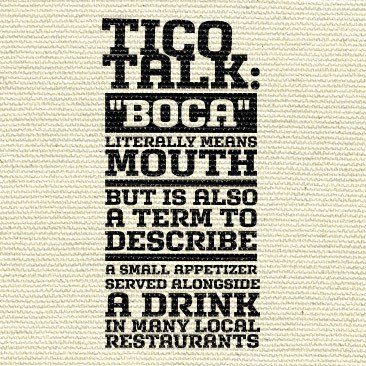
- Idiay
Idiay is used in different cases and means something similar to “well”, for the example: “idiay mae, llámame más tarde” (well, dude, call me later).
- Detras del Palo
Detras del palo literally means “behind the tree”. You can use this expression when you or somebody doesn’t know anything about the topic. Example: “Estoy detras del palo, que es eso” (I have no clue what are you talking about).
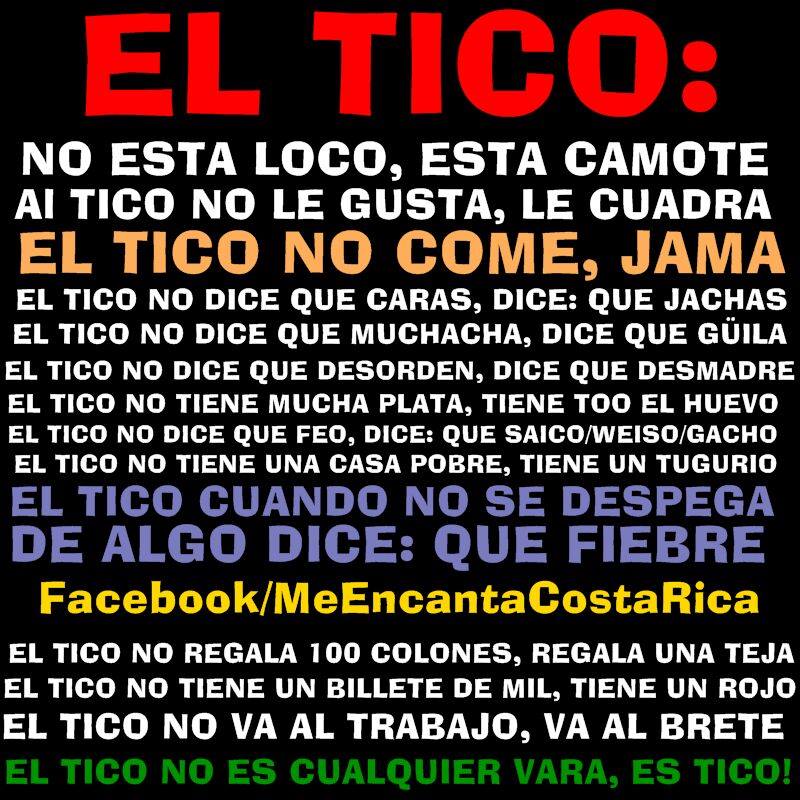
- Que Pelada
In Costa Rican Spanish que pelada means that someone did something embarrassing in public or something went really wrong. Example: “Que pelada ayer” (Yesterday everything went so wrong).
- Que Lechero
Que lechero means “what a lucky person!”. Literally, it can be translated as “what a milkman!”. Example: “Que lechero este mae!” (What a lucky person this man)
- Deme un Toque
Deme un toque means “hold on” or “give me a second”. Literally means “give me a touch”.
- Casado
Casado is a traditional Costa Rican dish which includes rice, beans, meat and salad. If you translate it literally, casado means “married”.
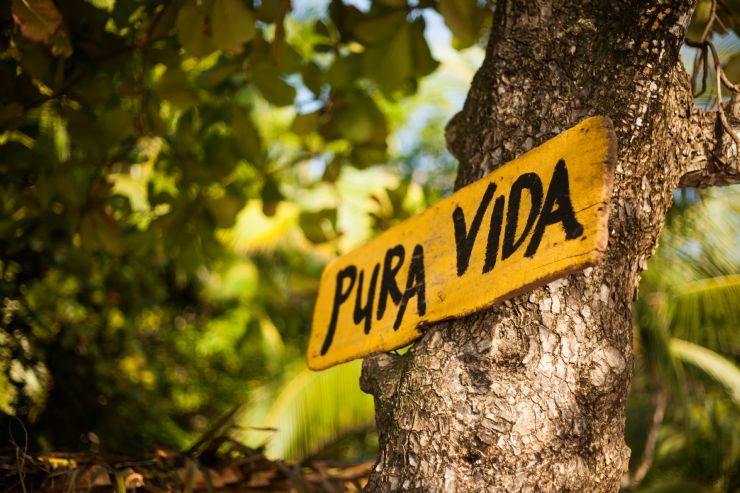
pura vida tree nature costa rica
- Chepe
Chepe is a slang word for a Costa Rica’s capital city, San Jose. Example: “Vamonos pa chepe” (Let’s go to San Jose).
- Pachuco
Pachuco is how local people call their street slang or a person who uses this slang a lot. Example: “Que mae más pachuco!” (What a vulgar dude!)
- Gallo Pinto
Gallo pinto is the name of a traditional Costa Rican dish, very popular to eat for breakfast. Gallo Pinto is a combination of rice & beans – usually eaten with eggs, sometimes accompanied by sour cream, cheese, chicken, meat or plantains.
- Ponerse las Pilas
Ponerse las pilas means “to pay attention” in Costa Rican Spanish. Example: “Necesito ponerme las pilas con el inglés” (I have to pay more attention to my English).
- Compa
Besides the popular expression “mae”, you can also address the other man as “compa”, which is informal but friendly. It is a common way of saying friend instead of “amigo”.
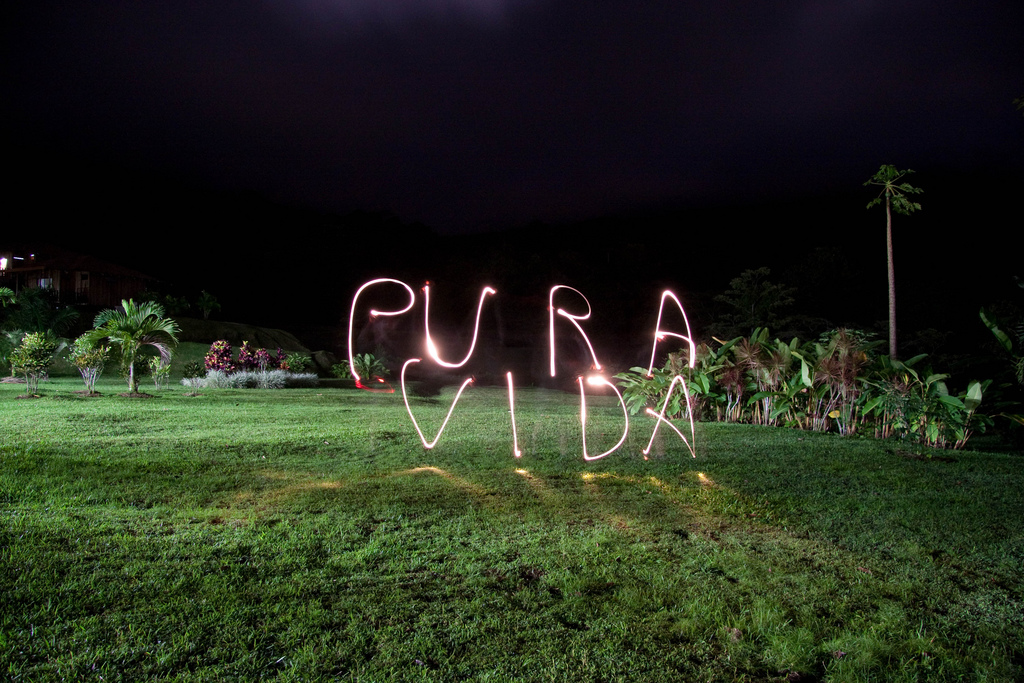
pura vida de noche
- Agarrar la lata
Agarrar la lata means “to catch a bus” in Costa Rican Spanish. Example: “Tengo que ir agarrar la lata” (I need to go and take a bus). It really means “to catch a can”
- Harina
Harina is translated as “flour” but in Costa Rican Spanish it means money. Example: “Echar harina” (To pay money).
- Pirata
Pirata means illegal, unmarked taxi cab.
- Brete
Brete means “work” in Costa Rica. If you want to use a verb “to work”, you should say bretiar. Example: “Vos tenes que bretiar mañana?” (Do you need to work tomorrow?).
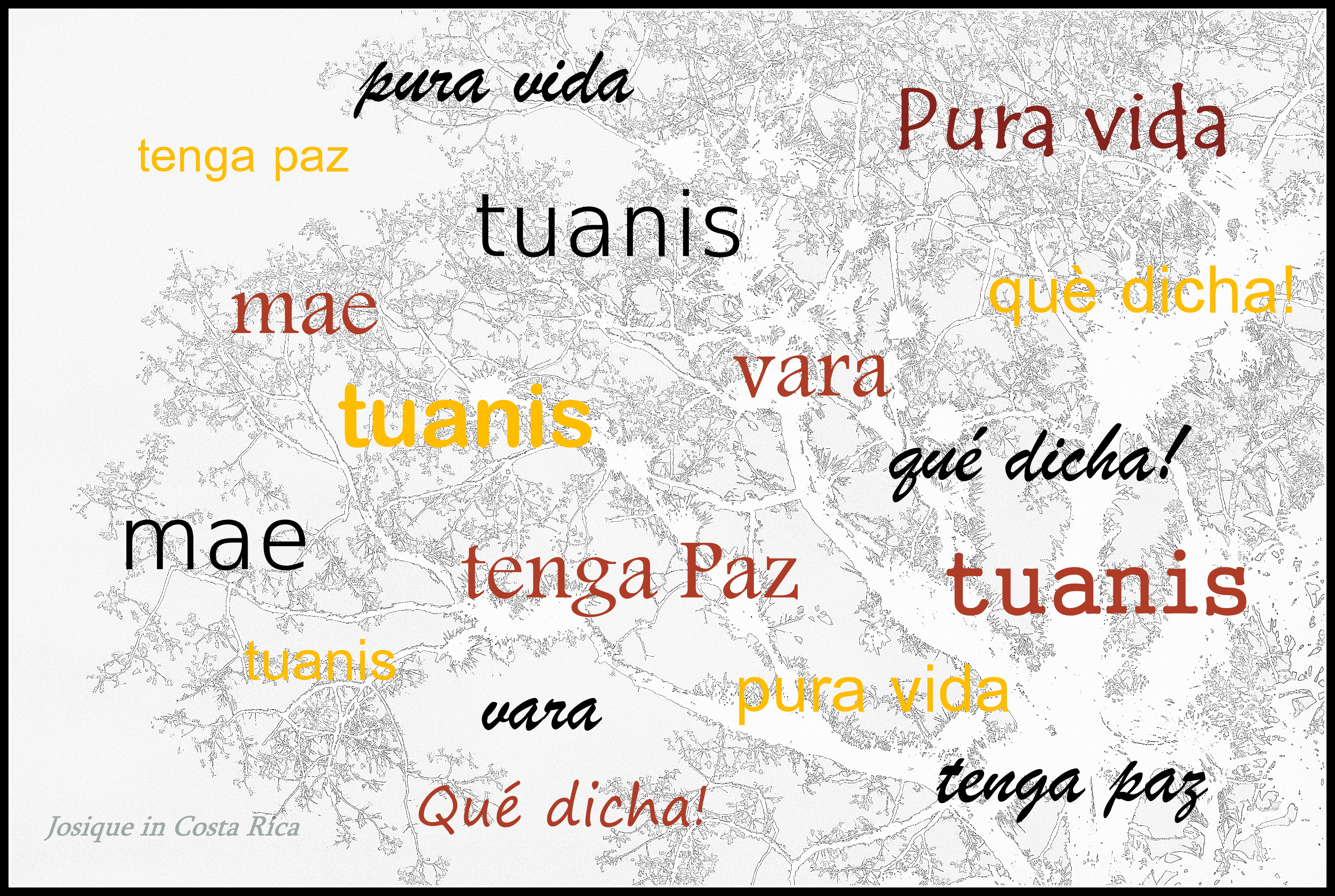
In addition to these 30 most used Costa Rican Spanish words, you might want to learn some common and useful general Spanish expressions. Here are some of them, most important for travelers who are planning to visit Costa Rica but don’t speak any Spanish:
- Buenos días/tardes/noches, meaning good morning/afternoon/evening
- Hola, meaning hello
- Por favor, meaning please
- Gracias, which means thank you
- ¿Habla inglés? Meaning, do you speak English?
- ¿Dónde está? Which means, where is it?
- If you want to ask for a price, ask: ¿Cuánto cuesta?
- Yo entiendo (or, yo no entiendo), meaning I understand (or, I don’t understand)
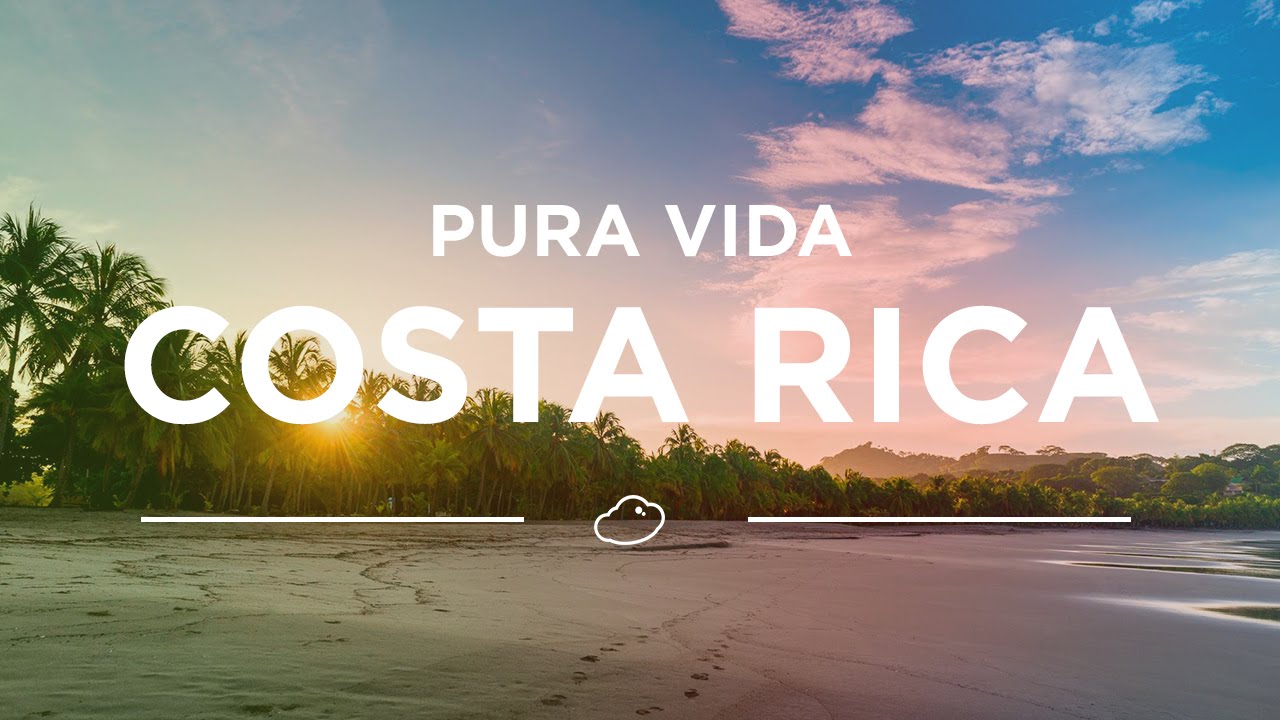
pura vida costa rica

